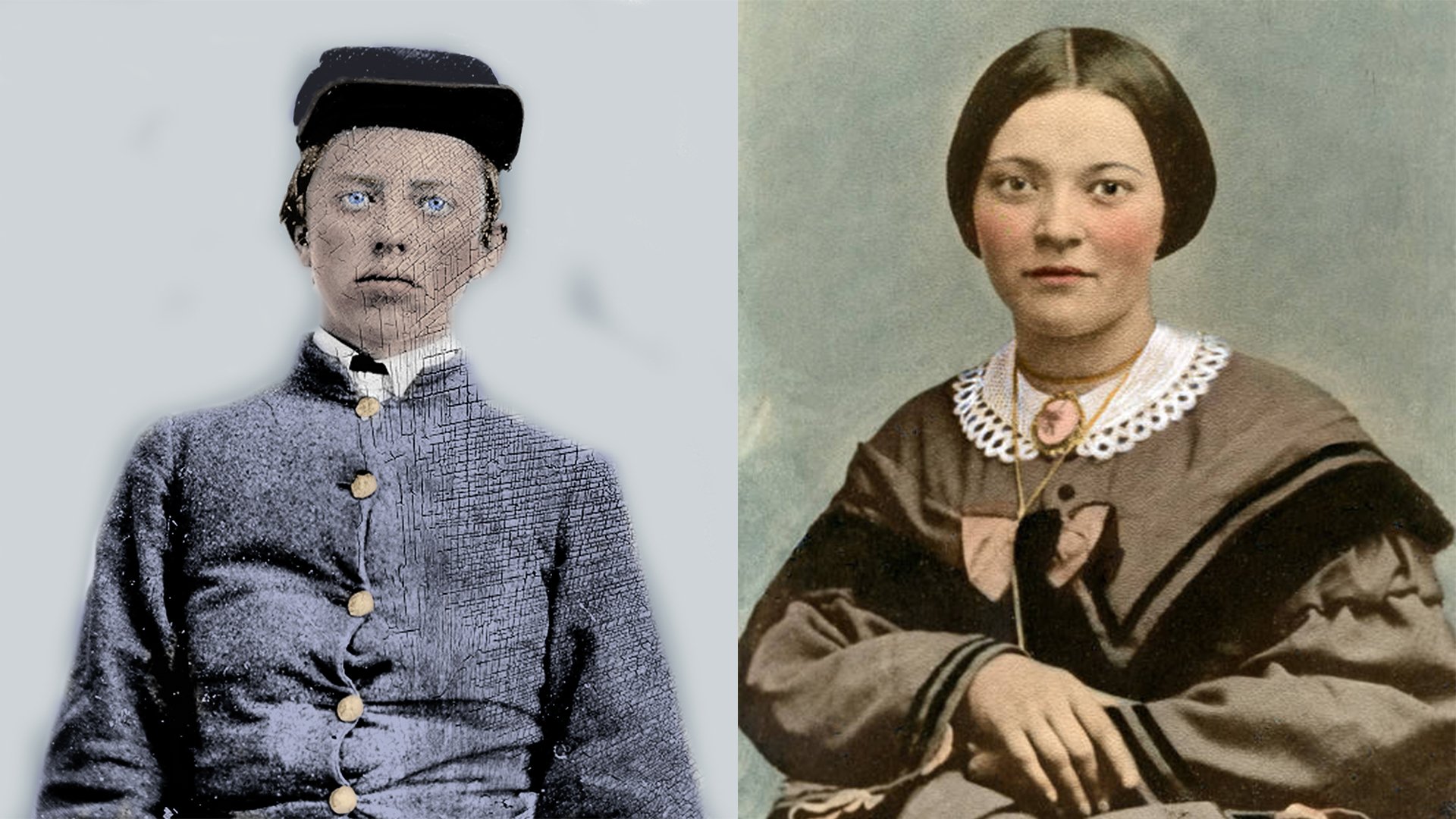
People
Learn about the Civil War in the Valley from the stories of the men, women, soldiers, and civilians that lived through it
George S. Patton
Colonel (CSA)
June 26, 1833 — September 19, 1864
Born in 1833 George S. Patton (grandfather of the famed World War II general) grew up listening to the heroic deeds of his grandfather—Gen. Hugh Mercer—during the American Revolution. Patton graduated from the Virginia Military Institute in 1852. He spent the next nine years of his life practicing law and organizing a militia company near Charleston, Virginia (later West Virginia)—the Kanawha Minutemen.
Patton enlisted into the service of Virginia on May 8, 1861, and became captain of Co. H, 22nd Regiment Virginia Volunteer Infantry. Two months later he received a promotion to lieutenant colonel. He held this rank until his promotion to full colonel in January 1863. He fought with distinction and led his men with esteemed gallantry. It was because of his many leadership qualities that Patton frequently found himself in command of Gen. John Echols’ brigade at various points throughout 1863 and 1864, due to Echols’ frequent illness.
As September 19, 1864, and the Third Battle of Winchester dawned, Patton again found himself in command of Echols’ brigade. When the engagement opened, Patton’s brigade supported Confederate cavalry north of Winchester near Stephenson’s Depot, but as the day progressed he gradually moved his brigade south toward Winchester. By late afternoon Patton’s brigade anchored the Confederate left flank near Fort Collier. The massive Union cavalry attack aimed at the Confederate left sent Patton’s men fleeing through Winchester. As Patton tried to rally his tattered brigade in a street he received a wound in the leg. It proved mortal.
Patton writhed in agony until Union soldiers captured him and took him to the home of Philip Williams on Piccadilly Street. There, Union surgeons recommended that Patton’s leg be amputated. He expired six days later amid the enemy that had inflicted his mortal wound.
His body was interred in the Stonewall Cemetery, in Winchester, in sight of where his wound was inflicted. He was buried next to his brother—Col. Waller Tazewell Patton of the 7th Virginia Infantry—who was mortally wounded at the Battle of Gettysburg.

